An mRNA-based cancer “vaccine” developed by Russia’s Gamaleya Research Institute could receive regulatory approval as early as August and be used in humans by September.
Follow Jon Fleetwood: Instagram @realjonfleetwood / Twitter @JonMFleetwood / Facebook @realjonfleetwood
“According to the roadmap plan that we submitted to the Ministry of Health, although it has not yet been finally approved, we will likely receive permission at the end of August so that we can begin treating people in September,” Alexander Gintsburg, the institute’s director, told RIA Novosti.
The Gamaleya Research Institute is known for developing the world’s first registered COVID-19 injection, Sputnik V.
In 2022, the institute applied mRNA technology to develop drugs for cancer.
The mRNA pharmaceutical is said to instruct the patient’s immune system to destroy malignant cells.
The shot activates cytotoxic lymphocytes, a type of white blood cell, to identify foreign proteins (antigens) present on the surface of tumor cells in a vaccinated person’s body.
These cytotoxic lymphocytes are reported to target and destroy foreign, metastasizing cells throughout the body.
The institute is also working on models for treating other cancers, including pancreatic, kidney, and non-small-cell lung cancer.
The mRNA cancer shot will reportedly be made available to patients free of cost.
The drug works by introducing a piece of messenger RNA to the body, prompting cells to produce a specific protein, CNBC explains.
The mRNA vaccines work by introducing a piece of messenger RNA to the body, prompting cells to produce a specific protein. RNA or Ribonucleic acid is a polymeric molecule that's essential for most biological functions in living cells.
The immune system recognises this protein as foreign and generates antibodies to fight it. In the case of cancer, this process is tailored to help the immune system identify and attack cancer cells.
Gintsburg confirmed that his mRNA cancer jab is developed using artificial intelligence (AI).
AI develops a “blueprint” that allows the drug to be produced within about a week.
But the technology is advancing so rapidly that a finished product is expected to be completed in as little as an hour.
Earlier this year, Russian President Vladimir Putin expressed optimism about the progress, stating that the nation was nearing the creation of “cancer vaccines and next-generation immunomodulatory drugs.”
The personalized vaccine will cost the state approximately 300,000 rubles (USD 2,869) per dose.
A peer-reviewed study published in Cureus found alarming increases in cancer deaths in Japan following widespread administration of mRNA vaccines for COVID.
Excess cancer deaths spiked from -1,379 in 2020 to +7,162 in 2022, with significant increases in age-adjusted mortality rates for cancers like ovarian, leukemia, and pancreatic cancers after the third vaccine dose.
The authors concluded that “the marked increase in cancer mortality rates may be attributable to several mechanisms of the mRNA-LNP vaccination” rather than COVID infections or pandemic-related healthcare disruptions.
This followed a concerning trend where previously declining cancer mortality rates began to reverse after the vaccine rollout, coinciding with a staggering rise in all-cause excess deaths to 115,799 in 2022.
The Cureus findings about rising cancer deaths linked to mRNA COVID shots highlight a grim irony: Russia’s new mRNA cancer drug, designed to fight cancer, is built on the same technology that research suggests could be contributing to the very disease it claims to treat.
Moreover, U.S. President Donald Trump recently announced a $500-billion project, codenamed ‘Stargate,’ to use AI to develop cancer vaccines.
The development of Russia’s mRNA cancer vaccine, alongside international initiatives like America’s Stargate project, highlights a global push in mRNA technology despite ongoing health concerns.
Follow Jon Fleetwood: Instagram @realjonfleetwood / Twitter @JonMFleetwood / Facebook @realjonfleetwood
Trump's 'Stargate' AI Fast Track to Surveillance, Weaponization (Video)
President Donald Trump on Tuesday announced a joint venture with OpenAI, Oracle, and Softbank to invest half a trillion dollars into artificial intelligence infrastructure in the United States.
DHS Warns of State-Sponsored, AI-Engineered 'DNA Modification to Develop Biological Weapons to Target Specific Groups' of Americans: Homeland Threat Assessment
The U.S. Department of Homeland Security’s (DHS) 2025 Homeland Threat Assessment (HTA) released earlier this month is raising the alarm about the development of “biological weapons” utilizing “DNA modification” that can target “specific groups” of Americans.
Excess Cancer Deaths Spike from -1,379 in 2020 to +7,162 in 2022 'After Mass Vaccination' with mRNA COVID Jabs in Japan: Journal 'Cureus'
A brand new peer-reviewed study published in Cureus on Monday found significant increases in age-adjusted mortality rates of all cancer types in 2022 after the majority of the Japanese population received doses of the COVID-19 mRNA vaccine.
COVID-19 mRNA Shots Contain Cancer-Linked SV40 Gene, 334% More DNA Contamination Than WHO Limits: Journal 'Science, Public Health Policy and the Law'
A new study published Tuesday in the peer-reviewed journal Science, Public Health Policy and the Law confirms the presence of more than four times the amount of DNA contamination—including the cancer-linked SV40 gene sequence—in mRNA COVID-19 injections.
516 Times More DNA Contamination in COVID Jab Than FDA Limit—SV40 Cancer Sequence and Risk of Human Genome 'Integration': French Study
A French Government-funded study preprint s…
COVID Spike Protein—Present in Pfizer, Moderna mRNA Jabs—Helps Cancer Cells Survive Chemotherapy: Brown University Study Preprint in 'BioRxiv'
Brown University researchers posted a preprint study last month in BioRxiv, an open-access preprint repository for the biological sciences, confirming that the SARS-CoV-2 spike protein interferes with the effectiveness of chemotherapy treatment for cancer.
mRNA COVID Jab Ingredient N1-Methyl-Pseudouridine (m1Ψ) 'Stimulated Cancer Growth and Metastasis': 'International Journal of Biological Macromolecules'
A new study published earlier this month in the International Journal of Biological Macromolecules confirms that an ingredient in mRNA COVID-19 injections called N1-methyl-pseudouridine (m1Ψ) increases cancer growth and spread.
Repeat COVID-19 Vaccinations Linked to 'Multi-Hit' Cancer Growth Model: Peer-Reviewed Journal 'Cureus'
A study published last month in the peer-reviewed journal Cureus has linked COVID-19 vaccines to the “multi-hit hypothesis” of cancer growth in the body.




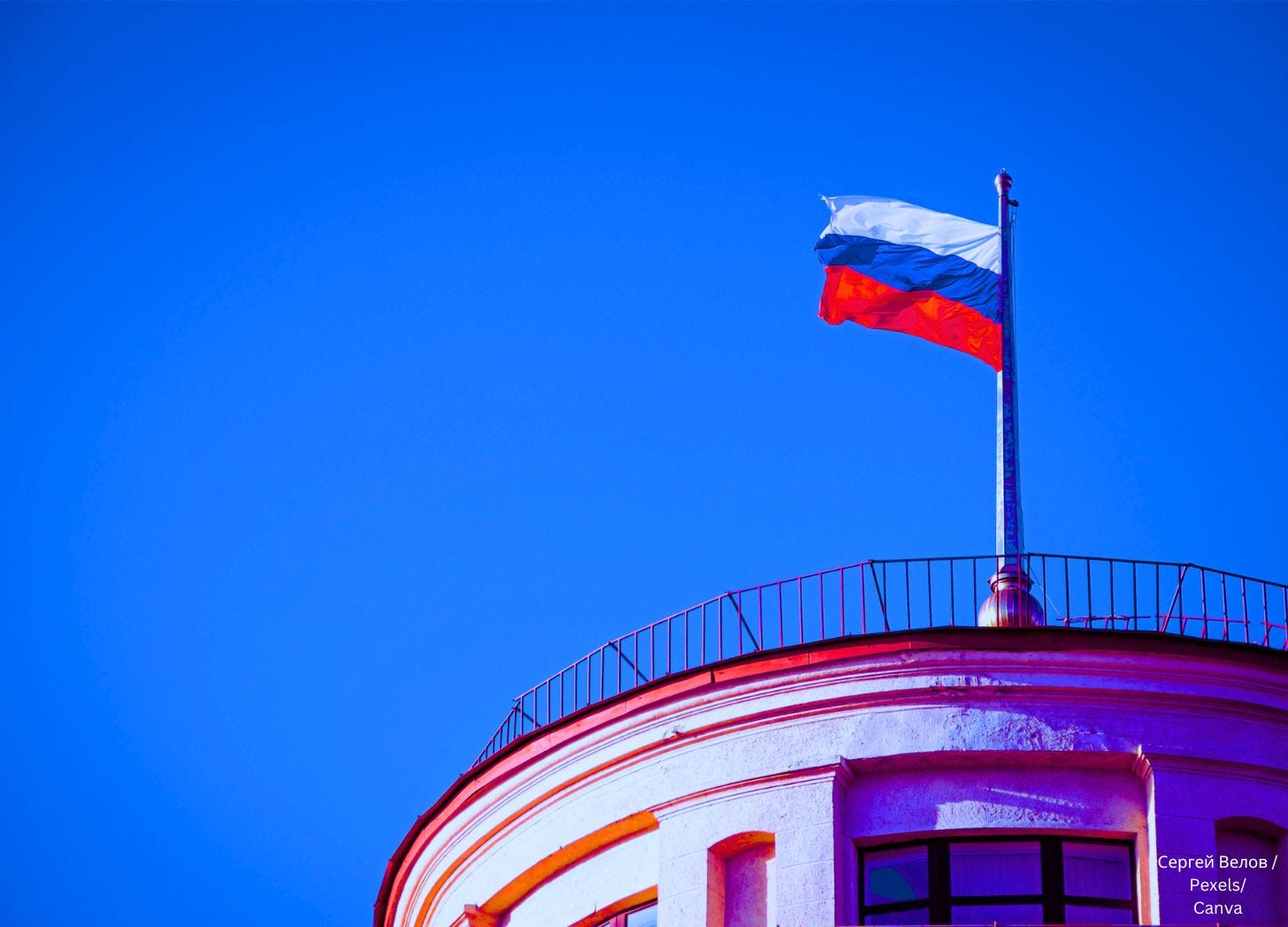

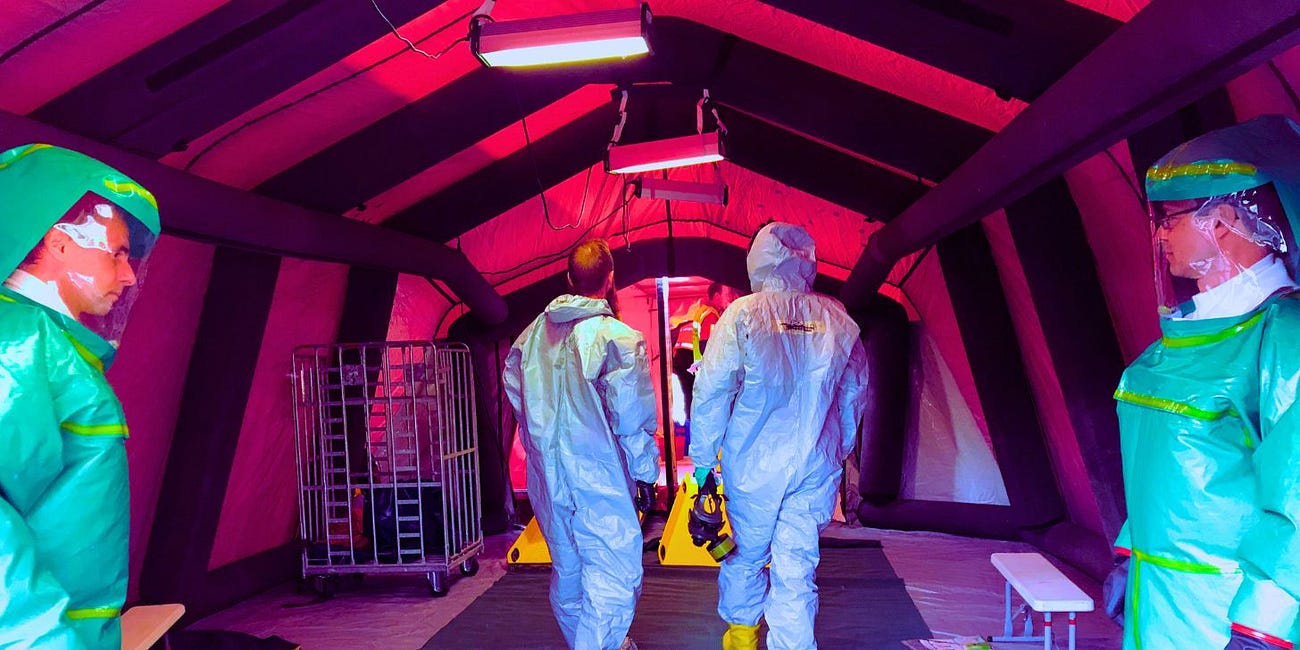

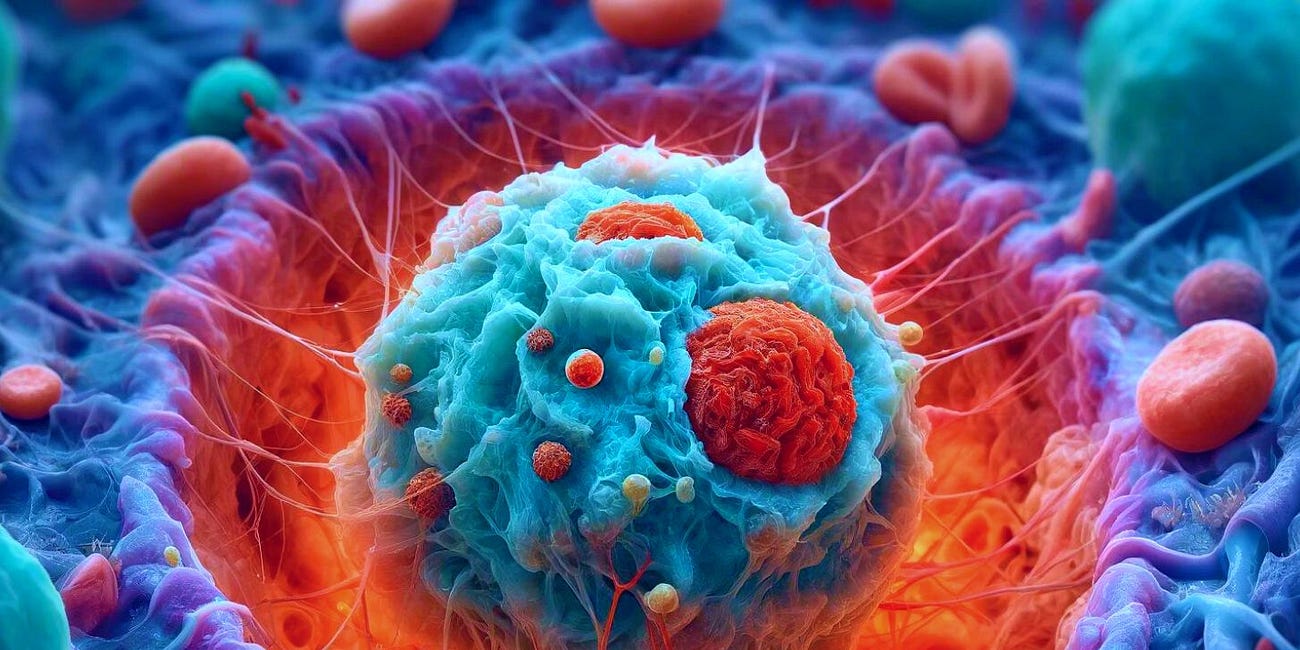

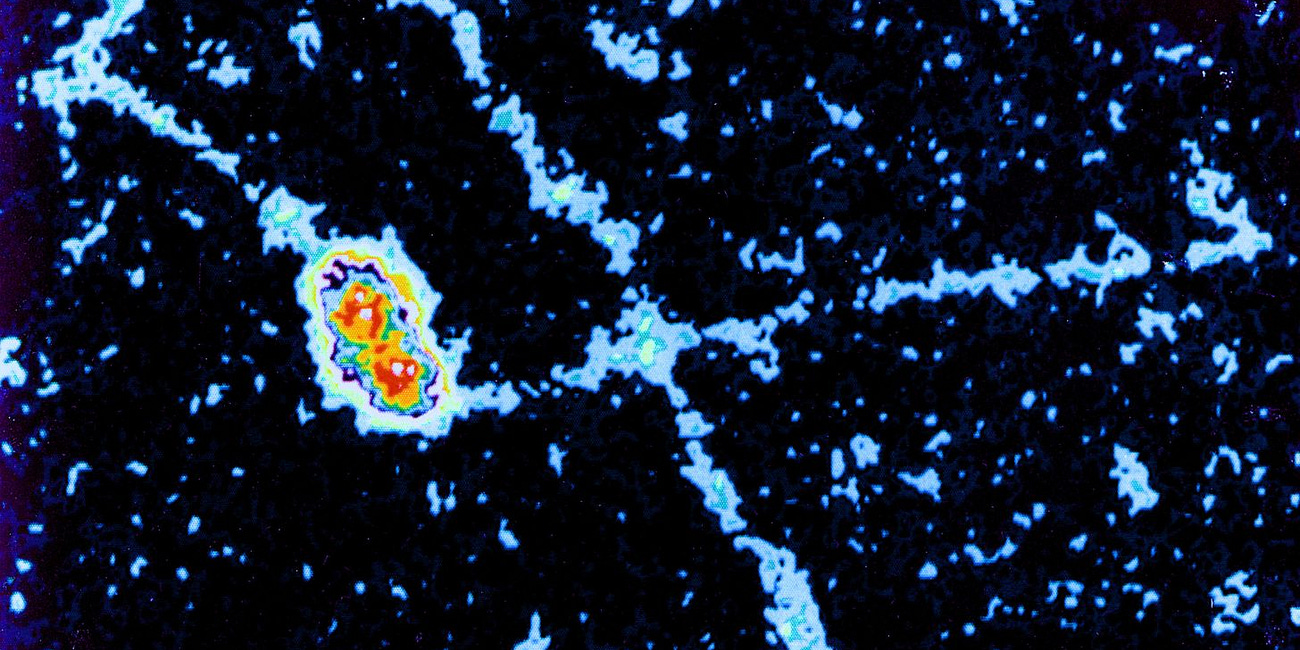
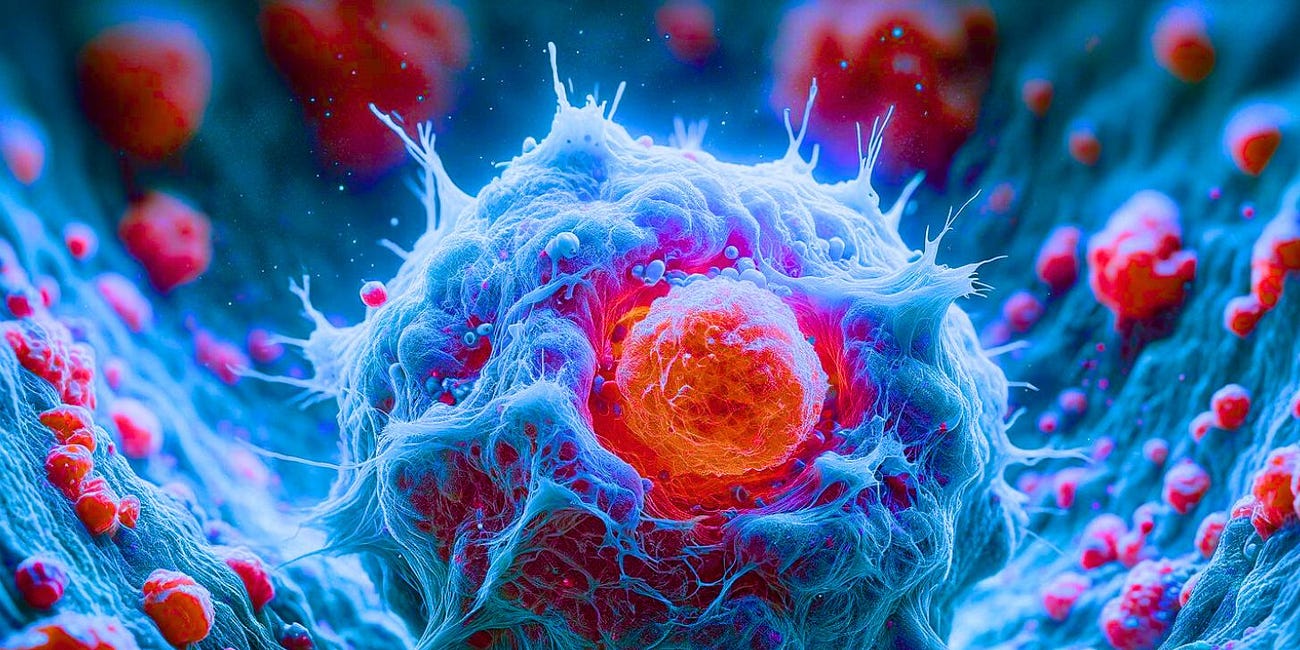


The Russians will learn the hard way that the delivery system to get the mRNA into cells goes everywhere, so you end up having normal healthy body cells making foreign proteins. The idea is that the foreign protein being made (individualized for each cancer patient) will get released into the bloodstream so that antibodies will be built against it. The theory is that after the couple of weeks it takes to make antibodies, they will be able to attach to and mark cancer cells for destruction. The problem with this idea is that immune cells will destroy normal body cells that are making the protein before it even gets released, not all of them, but enough of them to cause varying degrees of pathology, always. This is basic biology, the normal immune surveillance and response to what all human nucleated cells display on their MHC-1 sites as they are making proteins. This is why all mRNA platform shots will have serious consequences, no matter what proteins they code for.
No more arms race, just the jabs race. Thanks for the update.